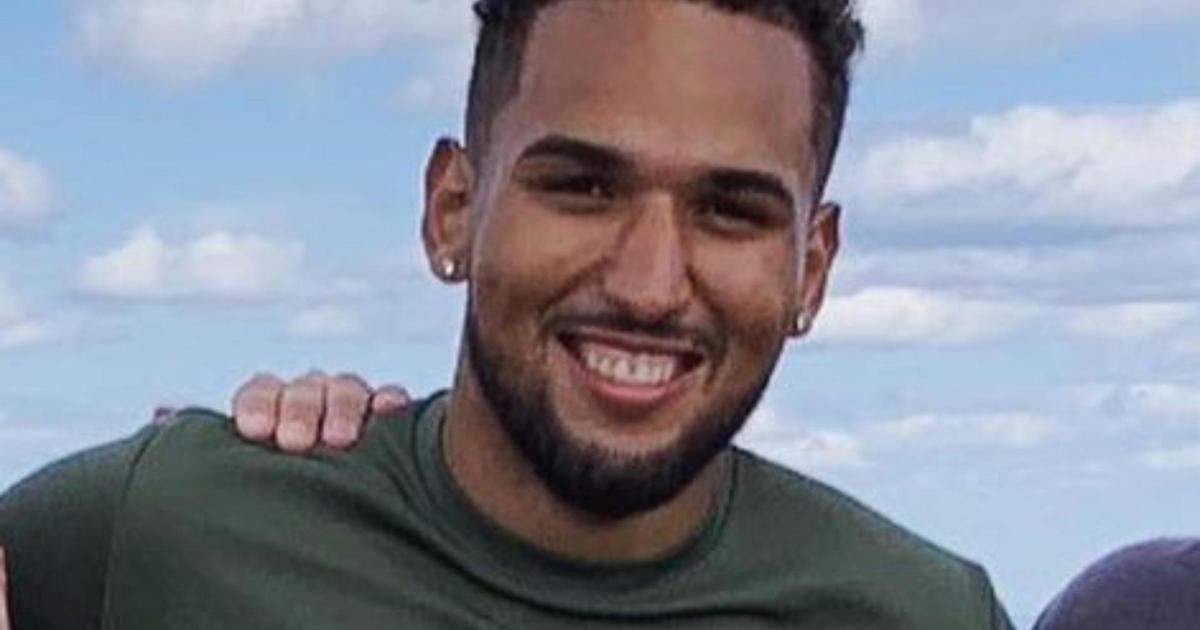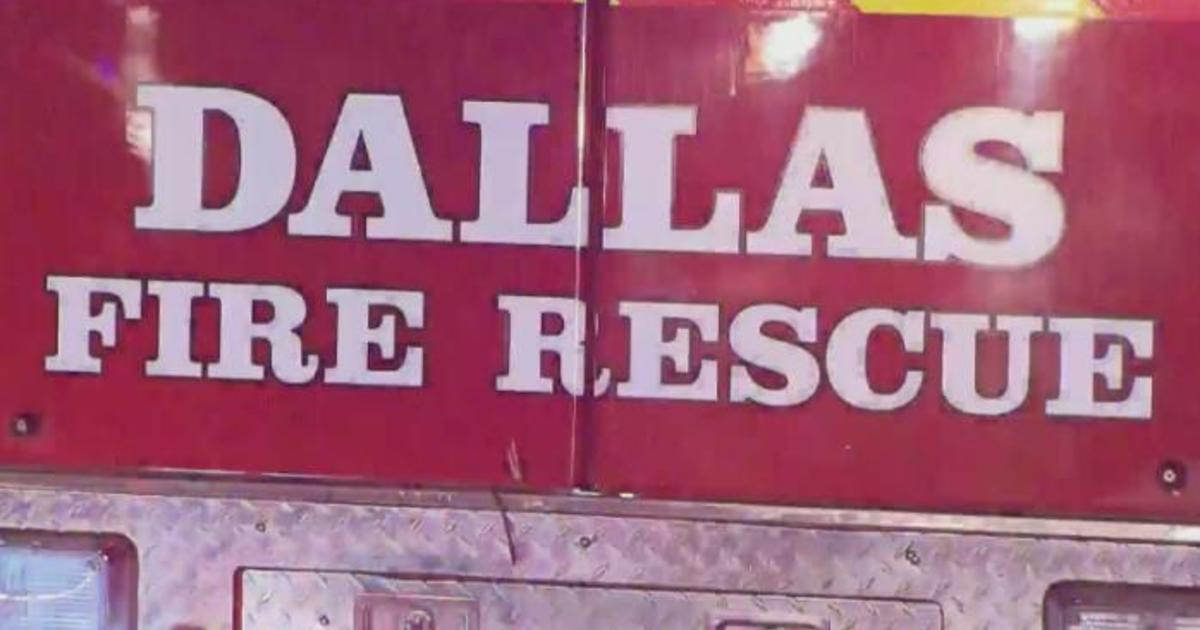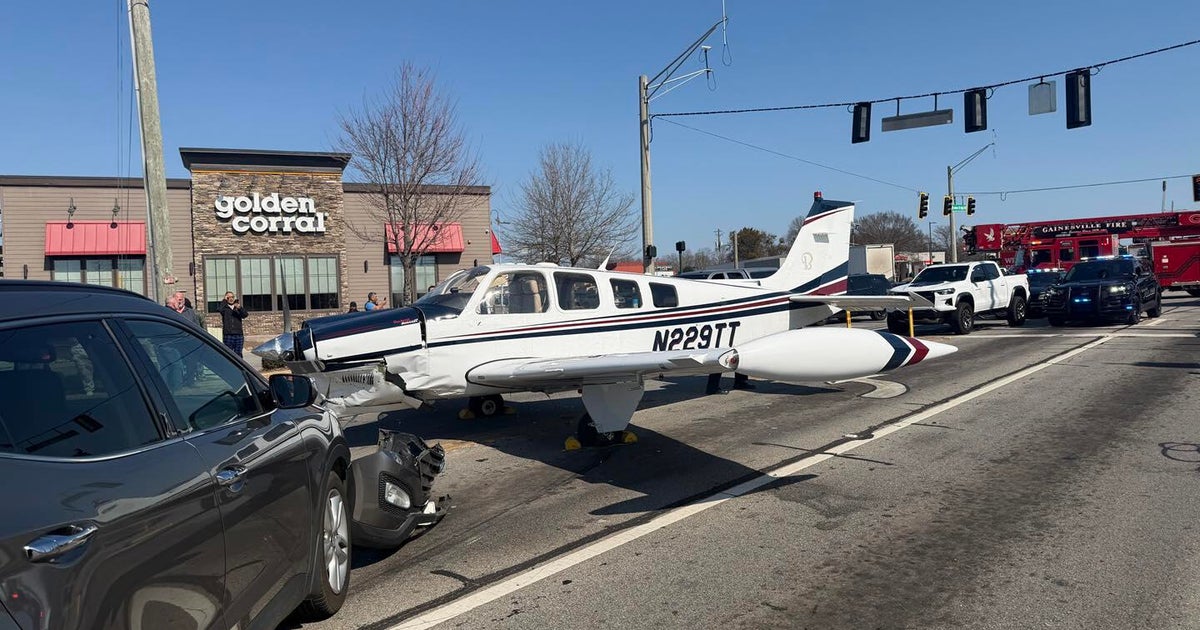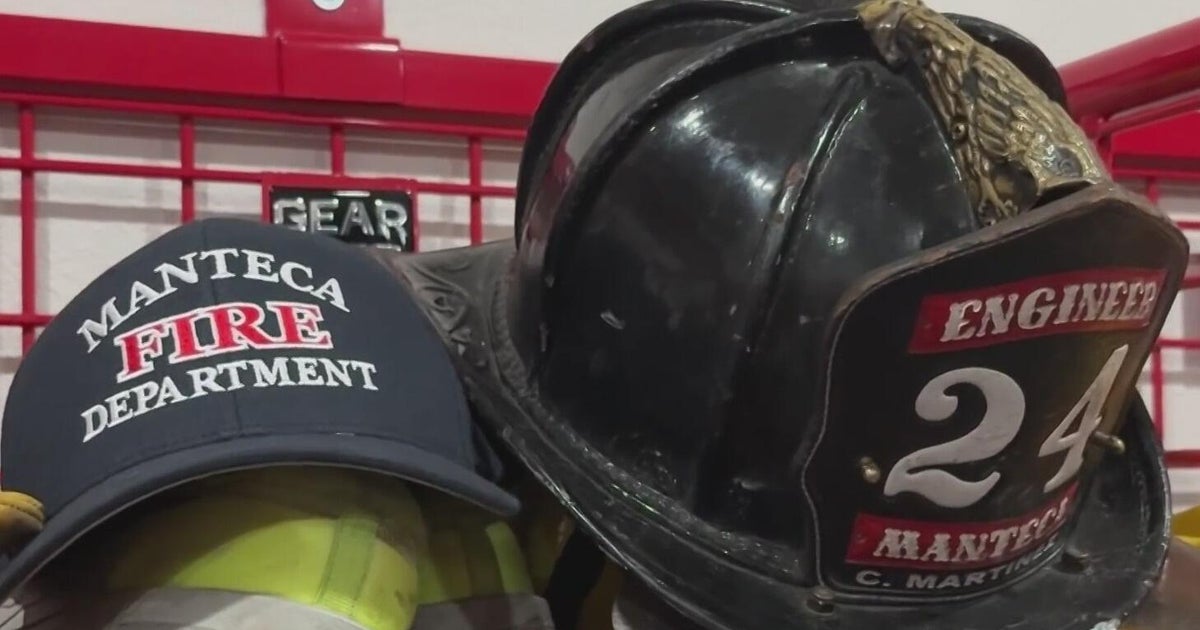Major Changes Coming To State's 911 Emergency System
BOSTON (CBS) - There are major changes coming to the state's 911 emergency system. Every dispatcher is being trained to meet strict new standards.
When seconds count, it is the person on the other end of the call who can make the difference between life and death.
Beginning in July 1, 911 dispatchers like Victoria Avery at the Reading Police Department have a critical new responsibility.
In addition to sending lifesaving equipment and personnel to your door, dispatchers are being trained to save that life over the phone.
Avery says, "If someone goes into a more serious situation where we have to start performing CPR before someone gets there, we can do that!"
It starts with a flip chart filled with detailed instructions on dealing with a range of emergencies. Operators will be trained to use it to start the first round of life saving treatment before help arrives on the scene.
Jonathan Epstein manages Emergency Medical Response for 49 communities north of Boston. He says now everyone will have to provide the exact same level of service.
"It is called "Dispatch Life Support" where the initial care and treatment actually starts before you get off the phone with the dispatcher," says Epstein. "And it has been provided by some communities for decades but many have never been able to do it for financial reasons."
Statewide training costs more than seven million dollars, but it all comes from a one dollar surcharge on cell phone bills.
Chief James Cormier thinks it will save lives.
"I do absolutely think without question it will save lives," he says. "If it saves just one life it will be worth every effort we put in to it."
Right now when someone calls 911 say for a broken leg, it is possible police cars, fire trucks, and ambulances can all end up at that one home. Epstein says the next challenge for state's 911 response system is to train dispatchers to quickly decide which specific equipment is really needed at that one emergency call.







